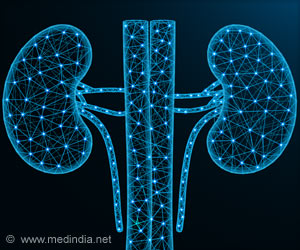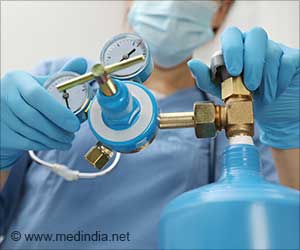She addressed the audience by saying “Diagnosing renal illness can be a difficult experience for both the sufferer and those around them. It limits their capacity to engage in daily activities such as employment, travel, and socialising. Patients with kidney disease, including those who require dialysis or transplantation, require additional assistance from society, patient groups, networks, government agencies and health insurance providers in the long run”, she added.
Kidneys are very important organs that remove waste, control blood pressure, make haemoglobin, and maintain bone health, according to Dr Rishit K. Harbada, Consultant Nephrologist, BSES MG Hospital, Andheri, S.R.V Hospital, Goregaon, Associate Consultant, Sir H.N Reliance, Foundation Hospital, Mumbai.
He said, “Symptoms or indicators of renal disease may not appear until 80 per cent of your kidneys have been damaged”. As a result, early detection is critical. Controlling blood pressure, diabetes, eating properly, limiting alcohol intake, being active, avoiding over-the-counter drugs, painkillers, and regular follow-up are all critical for kidney health sharing precautionary measures in the session.
Dr Siddharth Vinod Lakhani, Consultant Nephrologist & Transplant Physician, Lakhani Kidney Clinic, Fortis Raheja Hospital, Global Hospital, Somaiya Hospital, Kohinoor Hospital, SRV Hospital, Zynova or Shalby Group of Hospitals, expressed his heartfelt gratitude to ASSOCHAM for organising this enlightening and interactive session.
“Prevention is better than cure.” Dr Lakhani stated emphatically. “Let us work together to avoid and battle chronic renal disease”, he said.
Source: IANS



